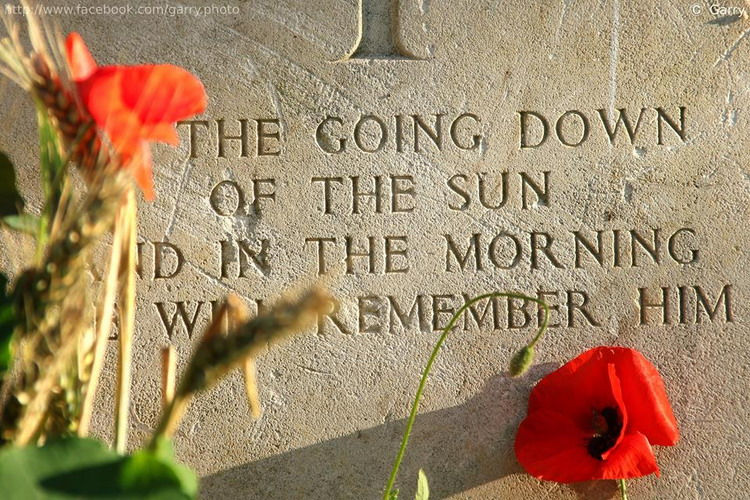Captain Richard Molesworth Dennys, M.R.C.S., L.R.C.P., 10th (Service Battalion), the Loyal North Lan
- Christina Drummond
- Jul 24, 2018
- 2 min read

Remembering the Fallen: on this day in 1916, Captain Richard Molesworth Dennys, M.R.C.S., L.R.C.P., 10th (Service Battalion), the Loyal North Lancashire Regiment, died from wounds received twelve days earlier near Contalmaison on the Somme.
Educated at Winchester College and St. Bartholomew’s Hospital, London, he qualified as a doctor in 1909, but his heart was not in medicine and he never did practice, preferring to return to his childhood love, poetry. At the outbreak of the Great War he had been working in Florence in a school for the improvement of the art of the theatre. He immediately returned to England, offering his services to the Red Cross and to the Royal Army Medical Corps. However, he was informed that medical men were not required at that time. Two months later he accepted a commission with the Loyal North Lancashire Regiment, and the following July his battalion sailed for France.
On the 12th of July, 1916, the 10th Battalion were in the trenches at Tara Redoubt on Usna Hill when Captain Dennys was wounded during the ensuing heavy artillery bombardment. He was taken to the British General Hospital at Rouen, but after twelve days succumbed to his injuries. He is buried in the St. Sever Cemetery at Rouen.
His Commanding Officer praised him in a letter to his family: “Under the most adverse circumstances he was always cheery ; nobody ever heard him grouse. The best interests of the men and traditions of the Battalion were always his chief concern.”
Captain Dennys’ friends knew him as a poet, pianist, writer, painter and actor who was completely absorbed by the beauty in these pursuits, one friend commenting on his “spirit and the splendor of rare artistry.” Some believed he might have been too much of a dreamer to be able to cope with the reality of war. However, in The New Elizabethans (1919), E.B. Osborn writes: “From that time on he was absolutely absorbed in his military duties….he soon became an admirable regimental officer. After all, will-power is half the secret of military leadership indeed, nothing can compensate for the lack of it, either in a general or in a subaltern and no artist, no seeker after Beauty, ever succeeded in his quest without a full share of the spirit that will bear down all difficulties to achieve its end. The true artist must have an iron will…..It was so with Richard Dennys, who from first to last put his whole soul into the work that had found him; no labour was too hard or too tiresome, no mental or physical misery too great for him, if it made for the welfare and efficiency of his men. His extraordinary ability was recognized at once.”
Richard, from London, was 32 years old.









Comments